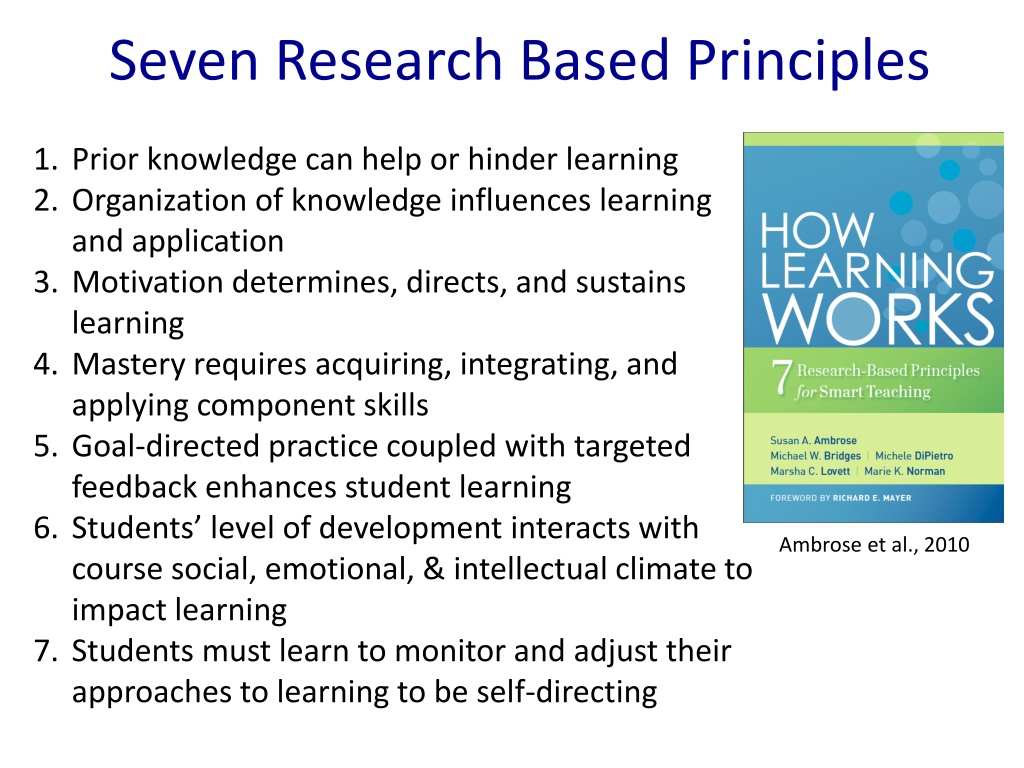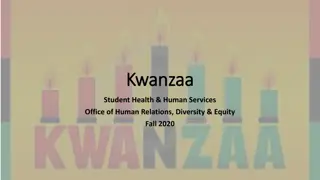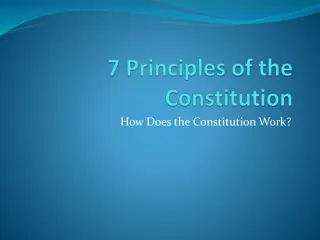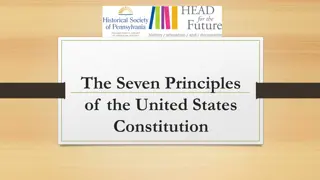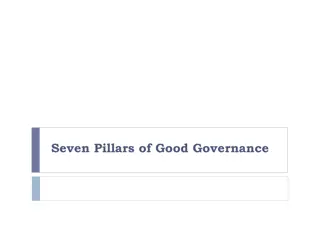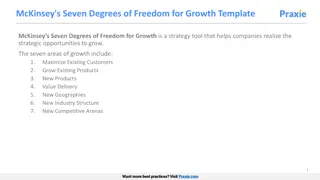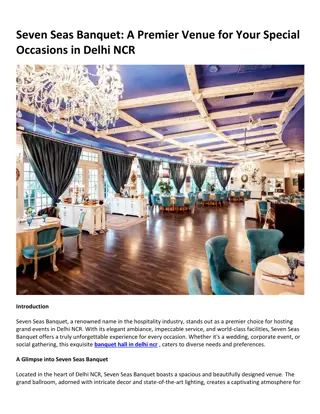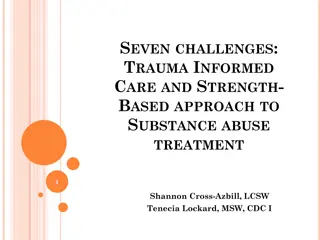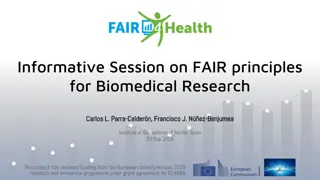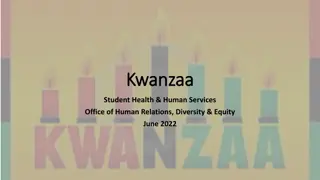Seven Research Based Principles
Prior knowledge, organization of knowledge, motivation, mastery, goal-directed practice, student development, and self-direction are key principles for enhancing learning. Motivation, engagement, effective teaching strategies, and self-assessment are highlighted to improve student outcomes.
Download Presentation

Please find below an Image/Link to download the presentation.
The content on the website is provided AS IS for your information and personal use only. It may not be sold, licensed, or shared on other websites without obtaining consent from the author.If you encounter any issues during the download, it is possible that the publisher has removed the file from their server.
You are allowed to download the files provided on this website for personal or commercial use, subject to the condition that they are used lawfully. All files are the property of their respective owners.
The content on the website is provided AS IS for your information and personal use only. It may not be sold, licensed, or shared on other websites without obtaining consent from the author.
E N D
Presentation Transcript
Seven Research Based Principles 1. Prior knowledge can help or hinder learning 2. Organization of knowledge influences learning and application 3. Motivation determines, directs, and sustains learning 4. Mastery requires acquiring, integrating, and applying component skills 5. Goal-directed practice coupled with targeted feedback enhances student learning 6. Students level of development interacts with course social, emotional, & intellectual climate to impact learning 7. Students must learn to monitor and adjust their approaches to learning to be self-directing Ambrose et al., 2010
Motivation determines, directs, and sustains learning Many ways to think about motivation, key ideas for classroom are: Expectancy x Value (Eccles & Wigfield, 2002) What students need to maintain motivation Goal Theory (Locke & Latham, 2002) Goldilocks approach to teaching Mindset (Dweck, 2006) How students think about their learning matters
Students level of development interacts with course social, emotional, & intellectual climate to impact learning Student Engagement Students need to interact with their peers (Summers & Svinicki, 2007) and feel a part of a community (Tinto, 2006) Authentic content Problems should be real and meaningful (Ambrose et al., 2010)
Effective Learning Occurs When Faculty address: Students prior knowledge students aren t blank slates How content is organized Helps students build a framework Provide students with opportunities to practice Provide timely and targeted feedback Where formative assessment can help Scaffold the problems minimize cognitive overload From Ambrose et al., 2010
Students must learn to monitor and adjust their approaches to learning to be self-directing Self-Assessment Metacognition is the process of reflecting on and directing one s own thinking (Pellegrino et al., 2001) Self-Regulation Self-Directed Learning Model (Lukes & McConnell, 2014; Zimmerman, 2001) Planning Regulation Reflection Action
Stage View Instructional Activity Initial Reflection: Record what you think this graph is telling you. What questions do you have as you look at the graph? Use yes/no cards to share your thoughts with your neighbor
Stage View Instructional Activity In groups of 3-4 grab a packet on: Sea Surface Temperatures/wind Air Pressure Precipitation Assign a recorder, a clarifier, and a timer (you have ~18 minutes for this part of the activity) [if 4th: questioner] Make sure everyone in your group is comfortable with how you ve answered the questions. Be prepared to be able to explain what you did to someone else.
Stage View Instructional Activity Jigsaw it up! Location/magnitude/ years with larges positive anomalies Location/ magnitude/ years with largest negative anomalies Notes about interesting/ unusual years Temperature Wind Precipitation Pressure 1) Based on your Hovm ller diagram, is examining the Northern Hemisphere winter months (January, February, March) just as informative as looking at the annual cycle? Why or why not? 2) Write a brief statement summarizing the connection between temperature, pressure, and precipitation in the tropical Pacific.
Balcony View Creating an Effective Research-Based Lesson Each group will be assigned a different research- based topic on which to focus a lens on this lesson Examine the ways this lesson did or did not support student learning (1), engagement (2), motivation (3), or metacognition (4) (depending on your assigned topic) Brainstorm with your group members ways the activity did and ways it did not address your particular research-based approach of focus. You have 15 minutes to generate your list and then we will share out our thoughts.
Balcony View Creating an Effective Research-Based Lesson Reflect on each of these research-based topics: Write down how you could incorporate aspects of this lesson into your own teaching practices (refer back to your action plan). What do you see as the major barriers to implementing these ideas? If time allows, share your thoughts with your neighbor (use yes/no cards)
